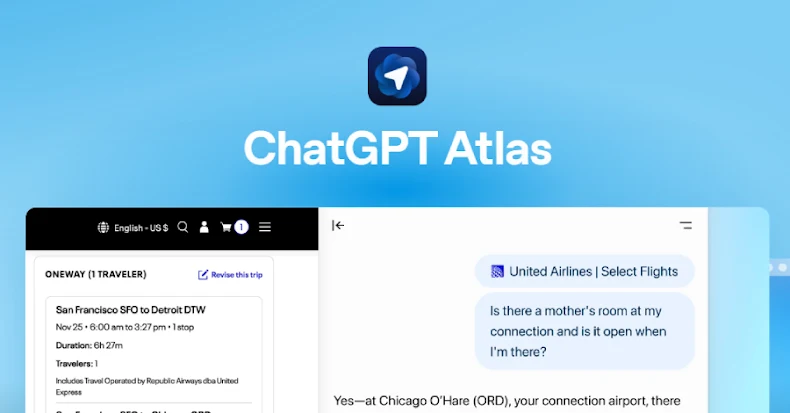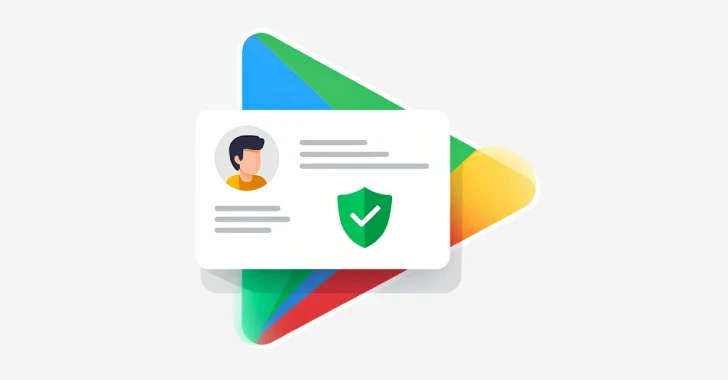OpenAI’s recent launch of the ChatGPT Atlas browser has introduced innovative AI-driven browsing capabilities. However, cybersecurity experts have identified several vulnerabilities that could compromise user security and privacy.
Prompt Injection via Malformed URLs
NeuralTrust, a cybersecurity firm, discovered a flaw in Atlas’s omnibox—the combined address and search bar. This vulnerability allows attackers to craft URLs that appear legitimate but contain hidden commands. When users input these URLs, the browser misinterprets them as trusted commands, potentially leading to unauthorized actions such as redirecting users to malicious sites or executing harmful system commands. This issue arises from insufficient input validation and the browser’s handling of user inputs.
Cross-Site Request Forgery (CSRF) Attacks
LayerX researchers identified a critical CSRF vulnerability in Atlas. In this scenario, attackers can exploit a user’s active ChatGPT session by tricking them into visiting a malicious webpage. This page can then send unauthorized requests to ChatGPT, injecting malicious instructions into its memory. These instructions persist across sessions and devices, potentially leading to unauthorized code execution or data exfiltration during subsequent legitimate interactions with ChatGPT. The persistent nature of this attack makes it particularly concerning, as it can affect users across different platforms and browsers.
Inadequate Anti-Phishing Protections
Security assessments have revealed that Atlas’s defenses against phishing attacks are significantly weaker compared to traditional browsers. In tests, Atlas blocked only 5.8% of phishing attempts, whereas browsers like Microsoft Edge and Google Chrome blocked 53% and 47%, respectively. This deficiency increases the risk of users falling victim to phishing schemes, leading to potential data breaches and unauthorized access.
Unencrypted Storage of OAuth Tokens
Another significant concern is Atlas’s storage of OAuth tokens in an unencrypted SQLite database with overly permissive file settings on macOS. This practice exposes sensitive authentication data, potentially allowing unauthorized access to user accounts. Unlike major browsers that implement robust encryption for such data, Atlas’s approach raises serious privacy and security concerns.
Recommendations for Users
Given these vulnerabilities, users are advised to exercise caution when using the ChatGPT Atlas browser. Recommendations include:
– Avoid Clicking on Unverified Links: Be cautious of links from unknown or untrusted sources, as they may lead to malicious sites designed to exploit these vulnerabilities.
– Use Alternative Browsers for Sensitive Activities: Until these issues are addressed, consider using more secure browsers for tasks involving sensitive information.
– Regularly Update Software: Ensure that all software, including browsers and operating systems, are up-to-date to benefit from the latest security patches.
– Monitor Account Activity: Regularly check for unauthorized access or unusual activity in your accounts to detect potential breaches early.
Conclusion
While the ChatGPT Atlas browser offers promising AI-driven features, the identified security vulnerabilities pose significant risks. Users should remain vigilant and adopt recommended security practices to mitigate potential threats. OpenAI is expected to address these issues in future updates to enhance the browser’s security posture.



